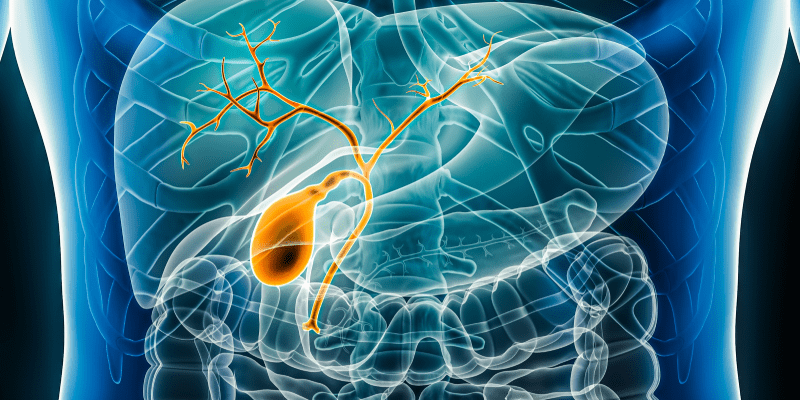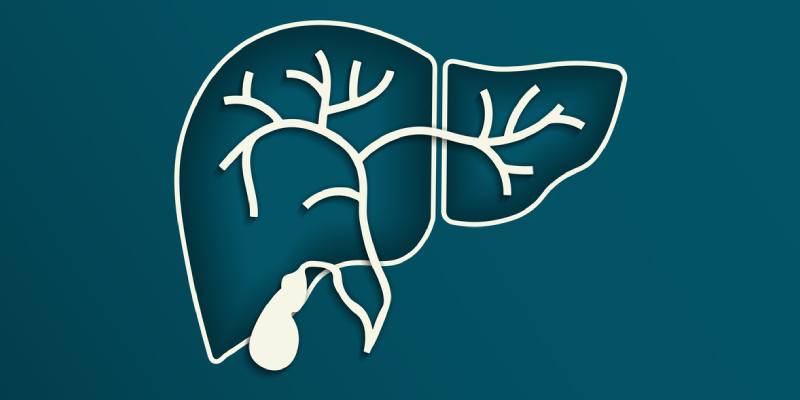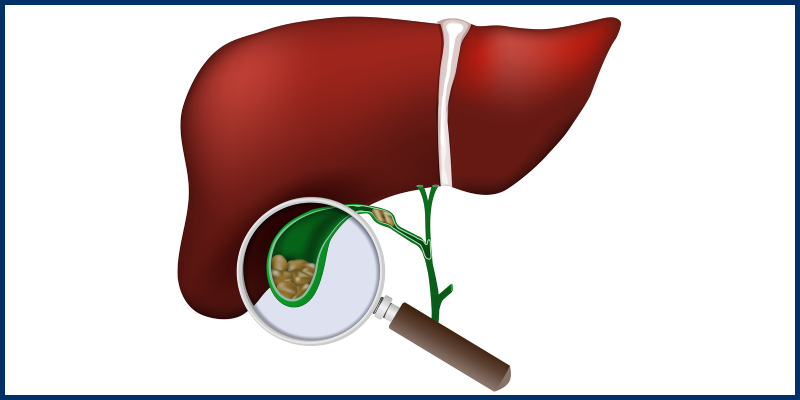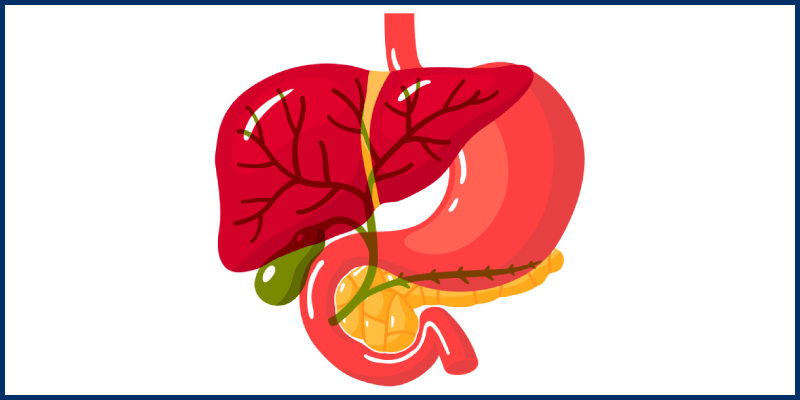
For patients with biliary tract cancer (BTC), limited evidence exists on the use of maintenance strategies after chemotherapy. Those with chemotherapy-responsive disease typically undergo observation after 6 months of gemcitabine-based treatment.
The recent phase 2 BEER BTC trial by Anant Ramaswamy, MD, DM, and colleagues examined the use of bevacizumab-erlotinib for chemotherapy-responsive BTC to determine if the treatment can be used as switch maintenance therapy.
The investigator-initiated, open-label study enrolled 98 patients with advanced BTC between May 2021 and November 2022. Each patient had disease stabilization following 6 months of gemcitabine-based chemotherapy.
Patients were randomly assigned to undergo active surveillance or switch maintenance comprising intravenous bevacizumab 5 mg/kg once every 21 days with erlotinib 100 mg once a day. The primary end point of the trial was investigator-evaluated progression-free survival (PFS).
Treatment was continued until disease progression, unacceptable toxicity, or patient decision to withdraw. A total of 49 patients were assigned to active surveillance, while an additional 49 received bevacizumab-erlotinib. While all patients in the cohort had BTC, 80% also had gallbladder cancer.
The median follow-up was 13.4 months. The median PFS was 3.1 months (95% CI, 2.47-3.64) in the active surveillance group versus 5.3 months (95% CI, 3.53-7.04) in the bevacizumab-erlotinib group (hazard ratio, 0.51 [95% CI, 0.33-0.74]; P=.0013).
The most common grade 3 class-specific adverse events linked to bevacizumab-erlotinib treatment were acneiform rash (2%) and oral stomatitis (2%) with erlotinib and bleeding (2%) with bevacizumab.
A bevacizumab-erlotinib combination can serve as a beneficial switch maintenance therapy in patients with advanced BTC, demonstrating an improved PFS rate and an acceptable safety profile. The trial will move on to a phase 3 component to further evaluate the treatment’s effect on overall survival.







 © 2025 Mashup Media, LLC, a Formedics Property. All Rights Reserved.
© 2025 Mashup Media, LLC, a Formedics Property. All Rights Reserved.